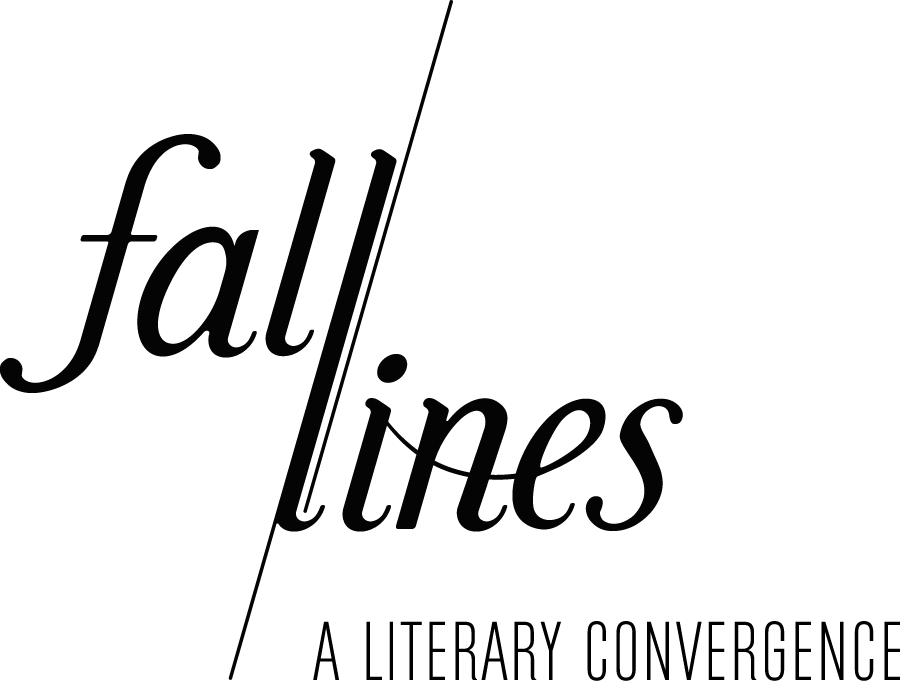We’re excited to invite you to join Jasper and 16 of SC’s finest working writers under the Jasper Literary Arts Tent at this year’s Rosewood Art & Music Festival on Saturday, October 7th from noon - 5 pm. Over the next few weeks we will be spotlighting each of these literary artists here at Jasper Online. Come back to this site often to learn more about these local literary treasures!
Jo Angela Edwins has published poems in over 100 journals and anthologies, recently or forthcoming in The Hollins Critic, Sho Poetry Journal, ONE ART, and Delta Poetry Review. Her collection A Dangerous Heaven was published this year by Gnashing Teeth Publishing, and her chapbook Play was published in 2016 by Finishing Line Press. She has received awards from Winning Writers, Poetry Super Highway, The Jasper Project's Fall Lines, and the South Carolina Academy of Authors. She is a Pushcart Prize, Forward Prize, Best of the Net, and Bettering American Poetry nominee. She teaches at Francis Marion University in Florence, SC, where she serves as the first poet laureate of the Pee Dee region of South Carolina.
Randy Spencer is a retired child psychiatrist living in Chapin. He has a B.A. from William and Mary, his medical degree from Emory University, and an M.F.A. in poetry from South Carolina. He has published two chapbooks of poetry, The Failure of Magic and What the body Knows, and one full-length collection, The Color After Green, a volume of environmentally-inspired poems. His poems have appeared in regional and national journals and anthologies, and in 2022 he was nominated for a Pushcart Prize for a poem on the war in Ukraine. His stories and poems have been in Jasper's Fall Lines a literary convergence. His next book, Andersonville, will be out this winter from Muddy Ford Press and is a long sequence of poems telling the story of a prisoner in Andersonville Military Prison in 1864.






